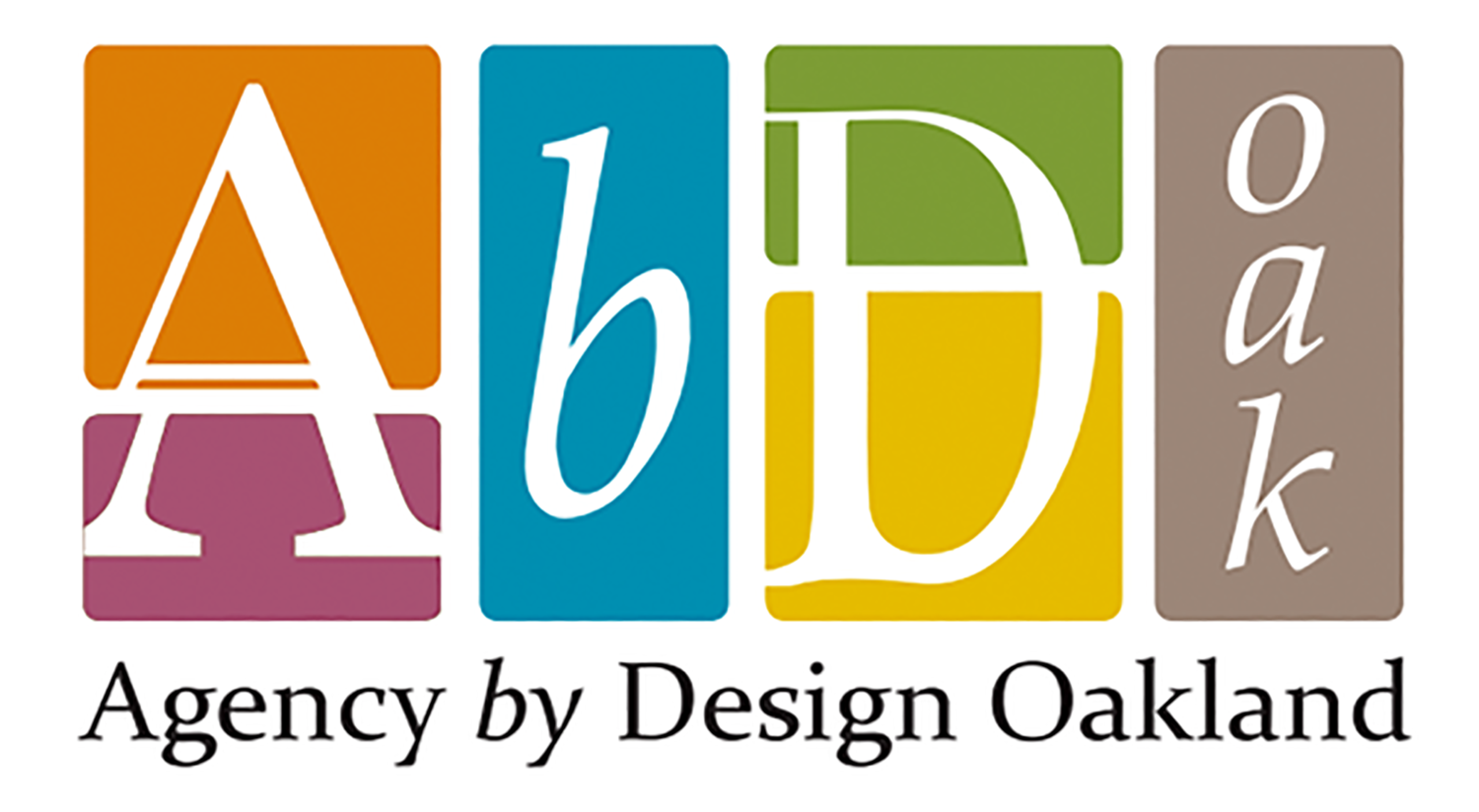Stop and Smell the Memes: Exploring the Values of an Evolving Generation
A Digital Picture of Practice by Agency by Design Oakland 2017-2018 Teacher Fellow Sarah Chung
Detail image "Currency Garden: Stop and Smell the Memes," Sarah Chung's documentation installation at Agency by Design Oakland's culminating event in May 2018.
When a 14-year-old is asked “What do you value? What is important to you?" a variety of responses is to be expected. Common answers are, “My phone,” “Music and Memes," “Money and love,” but equally common responses are “nature and mental health,” “friendship,” and “loyalty.” As a generation born into a world of social media, smartphones and apps, how do their values compare to yours?
The installation “Currency Garden: Stop and Smell the Memes” is the representation of my inquiry into the values and motivations of post millennial youths. If you were at the Agency by Design Oakland event, you would have seen laptops playing looped GIFs, nestled amongst plants and LEDs soldered to tree branches, as well as laser cut student quotes blooming amongst graphic designs of alternative “currency” notes that reflect what students personally value.
"Currency Garden: Stop and Smell the Memes," an Installation by Sarah Chung
Through reflecting on my conversations with students and reviewing peer interviews and student surveys, I have gleaned that the group of youth I work with have evolved to develop their own unique language and culture networks employing the internet and existing social media platforms. Internet memes, GIFs, videos and vines are used as a way to connect with others. Many students share the sentiment that a really good meme or vine can elicit cathartic feelings of joy. One student told me that a good vine can provide a “fleeting moment of joy in an insane world.” Another student said that they use memes as a “momentary escape or coping mechanism from “all the noise.” Their culture and use of media and technology (cultural capital) may seem foreign to someone of an earlier generation, but as educators, it is useful to be open minded and curious when co-developing a shared definition of “tech leadership.”
One student told me that a good vine can provide a “fleeting moment of joy in an insane world.” Another student said that they use memes as a “momentary escape or coping mechanism from “all the noise.”
I work with Code Next in East Oakland with 9th graders in an intensive weekend and after-school computer science program, with the mission to “cultivate the next generation of black and latino tech leaders.” In our program participants learn to code, learn about entrepreneurship, and are encouraged to recognize and exercise social capital. I decided to use my participation in the Agency by Design Oakland Fellowship as an opportunity to analyze more closely what social and cultural capital means to this group of youth. I was curious what students thought of the term, “tech leader.” I asked myself, how can I facilitate meaningful discussion of how they see themselves and where they want to go? It was important to me that they had confidence in what they personally value, and that they bring these values into an evolving definition “tech leadership.”
I wanted to ensure that our curriculum made space for youth voices and feedback and that our curriculum and responsive teaching practices could fold their feedback into the design of consecutive learning experiences. This led me to focus my Agency by Design work in redirecting authority and encouraging co-inspiration.
Detail of "Currency Garden: Stop and Smell the Memes" by Sarah Chung
What this looked like was weaving Agency by Design thinking routines into our curriculum. I used thinking routines such as Parts, Purposes, Complexities and Parts, People and Interactions to analyze commonly used smartphone apps as well as various systems, such as US and international monetary systems. Students looked closely and deconstructed app interfaces and experiences, as well as closely studying the details on currency. Both activities revealed a lot of information but more importantly, many open ended questions. Following these critical deconstructions of apps and systems, students then ideated their own ideas of apps they would like to create and alternative currency designs that more closely represents people and ideas and values that motivate them.
"Maker centered learning at its best allows for the individual to find the most interesting way to become who they are. Humans are by nature curious, and often our imposed systems don't allow for this to develop. Direct experiences are the most impactful way humans learn."
-Sarah Chung
Head Coach, CodeNext Oakland
Sarah Chung is an artist and educator living in Oakland. She has a teaching degree in K-12 art education and has taught and designed curriculum for a variety of schools and after-school programs since 2006. Sarah is currently working as head coach for CodeNext, a high school after school and weekend programming and making intensive focused on bridging tech skills and mentorship opportunities to youth that are from historically black and latino neighborhoods. She enjoys the trans-disciplinary nature of learning and this has led her to a path of maker education. In addition to education, Sarah values community and is always trying to balance her own artistic practices with teaching and find that they often mirror and integrate.





